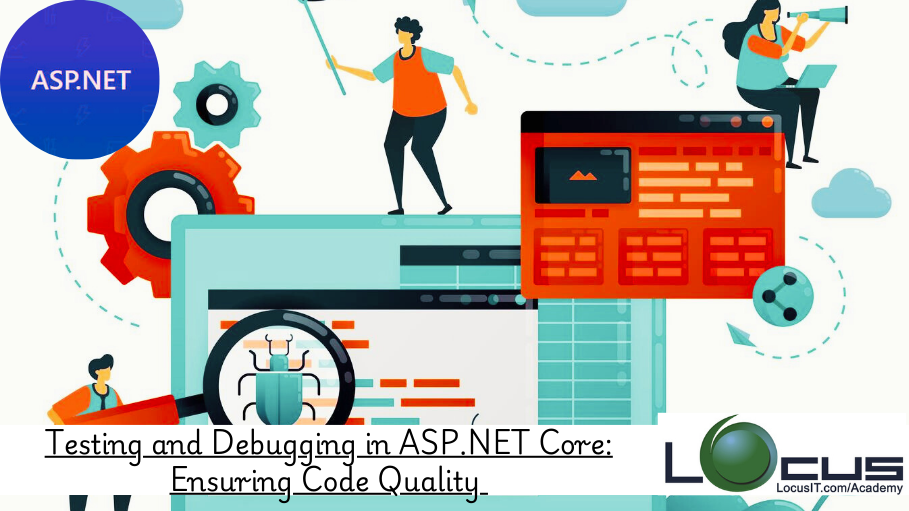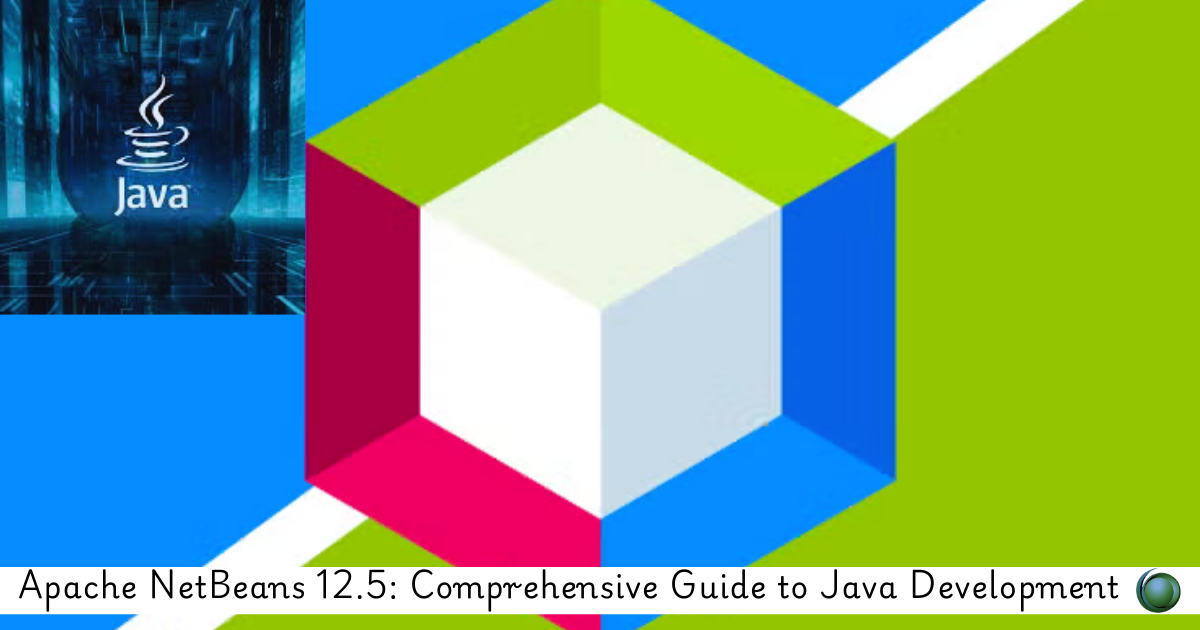Description
Introduction
Testing and debugging are vital for developing robust and maintainable applications in ASP.NET Core. This course provides a comprehensive guide to implementing testing strategies and debugging techniques to ensure code quality. You will learn how to write unit, integration, and functional tests, as well as leverage ASP.NET Core’s powerful debugging tools. Additionally, the course covers best practices for optimizing error handling, logging, and troubleshooting, enabling developers to build reliable and scalable applications with confidence.
Prerequisites
- Basic knowledge of ASP.NET Core
- Familiarity with C# programming
- Understanding of software testing concepts and methodologies
Table of Contents
- Introduction to Testing and Debugging in ASP.NET Core
1.1 Importance of Testing and Debugging in Software Development
1.2 Overview of Testing Types (Unit, Integration, Functional)
1.3 Debugging Basics and Tools in Visual Studio
1.4 Setting Up a Test-Driven Development (TDD) Environment - Writing Unit Tests in ASP.NET Core
2.1 Overview of Unit Testing Frameworks (xUnit, NUnit, MSTest)
2.2 Setting Up xUnit for ASP.NET Core Projects
2.3 Writing Unit Tests for Controllers, Services, and Models
2.4 Mocking Dependencies with Moq and Other Tools - Integration Testing in ASP.NET Core
3.1 Understanding Integration Testing(Ref: Creating Real-Time Applications with ASP.NET Core and SignalR)
3.2 Setting Up an Integration Test Project
3.3 Testing Data Access Layers and APIs
3.4 Using the TestServer Class for Integration Testing - Functional Testing and End-to-End Testing
4.1 Overview of Functional and End-to-End Testing
4.2 Writing Functional Tests with Selenium and Playwright
4.3 Testing ASP.NET Core Applications in Real Browsers
4.4 Automating Functional Tests with CI/CD Pipelines - Debugging Techniques in ASP.NET Core
5.1 Using Visual Studio Debugger for ASP.NET Core Applications
5.2 Advanced Debugging Features (Breakpoints, Watch, Immediate Window)
5.3 Debugging Remote Applications and Dockerized ASP.NET Core Apps
5.4 Leveraging Third-Party Debugging Tools - Error Handling and Exception Management
6.1 Understanding ASP.NET Core Error Handling Middleware
6.2 Implementing Global Exception Handling in ASP.NET Core
6.3 Custom Error Pages and Developer Exception Pages
6.4 Logging Exceptions for Analysis and Troubleshooting - Logging and Monitoring in ASP.NET Core
7.1 Overview of Logging in ASP.NET Core
7.2 Configuring and Using Built-in Logging Providers
7.3 Integrating Third-Party Logging Tools (Serilog, NLog)
7.4 Setting Up Monitoring with Application Insights and ELK Stack - Code Coverage and Quality Assurance
8.1 Measuring Code Coverage with Tools like Coverlet
8.2 Improving Code Quality with Static Analysis Tools (SonarQube, Resharper)
8.3 Ensuring Compliance with Coding Standards
8.4 Using Linting Tools for Consistent Code Formatting - Performance Testing and Optimization
9.1 Identifying Performance Bottlenecks with Profiling Tools
9.2 Writing Performance Tests for ASP.NET Core Applications
9.3 Analyzing and Reducing Memory Usage
9.4 Optimizing Code for Scalability and Performance - Debugging Production Issues in ASP.NET Core
10.1 Using Diagnostic Logs for Production Debugging
10.2 Debugging with Snapshot Debugger and IntelliTrace
10.3 Analyzing Crash Dumps for Root Cause Analysis
10.4 Best Practices for Debugging in Live Environments - Testing and Debugging with Continuous Integration/Continuous Deployment (CI/CD)
11.1 Integrating Tests into CI/CD Pipelines
11.2 Automating Tests with GitHub Actions, Azure DevOps, and Jenkins
11.3 Debugging Build and Deployment Issues
11.4 Ensuring Deployment Stability with Canary and Blue-Green Deployments - Hands-On Projects and Real-World Scenarios
12.1 Building a Test Suite for an ASP.NET Core API
12.2 Debugging and Fixing a Complex ASP.NET Core Application
12.3 Automating Tests and Debugging in a Microservices Architecture
12.4 Implementing End-to-End Quality Assurance for a Web Application
Conclusion
Testing and debugging are not just optional steps but essential practices for delivering high-quality ASP.NET Core applications. This course has provided you with the tools and techniques needed to write effective tests, debug issues efficiently, and optimize code for performance and reliability. By mastering these skills, you will ensure your applications meet user expectations and maintain operational excellence. With robust testing and debugging practices, you can confidently build scalable, maintainable, and secure ASP.NET Core applications.







Reviews
There are no reviews yet.